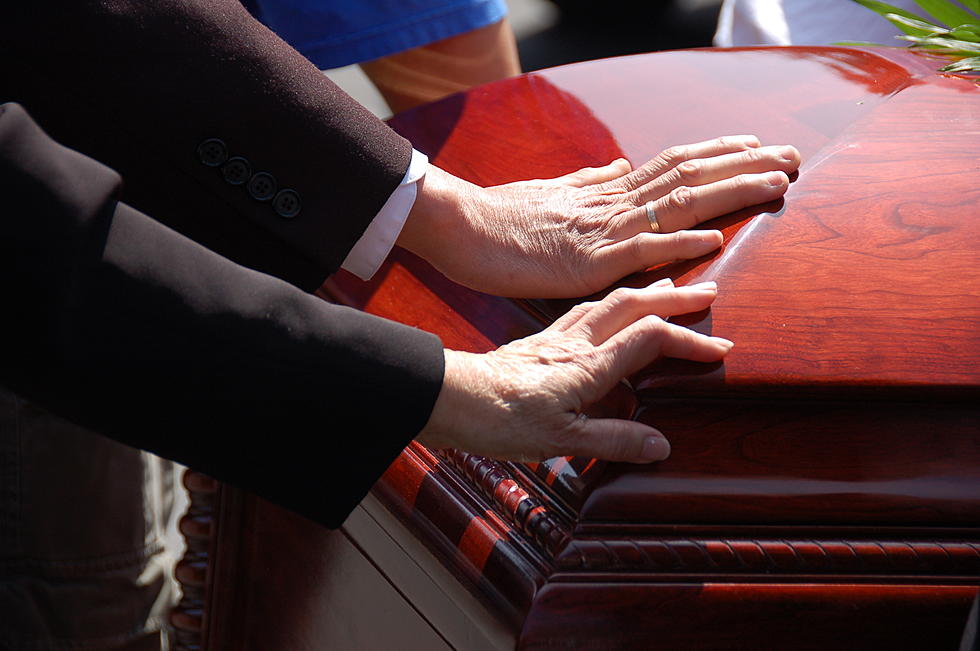Lawmakers consider new concussion, heat rules for H.S. sports
Credit - iStock Photo[/caption]TRENTON — A three-bill package aimed at improving safety for high school athletes awaits action in the Assembly after unanimously passing the Senate.
One requires emergency plans for handling serious injuries, another updates guidelines for students recovering from concussions, and the third expands the use of new rules for playing and practices in very hot weather.
“New Jersey rightfully has become the leader when it comes to student safety,” said state Sen. Patrick Diegnan, D-Middlesex. “We were the first with the concussion protocol.”
“Very important bill package, something we’ve been proud to work on with Sen. Diegnan for almost two years now,” said Eric Orlando, a lobbyist who represents the Athletic Trainers’ Society of New Jersey. “Something that is long overdue in the aspect of heat.”
Ewing High School athletic trainer David Csillan said the heat participation policy the New Jersey State Interscholastic Athletic Association adopted in April should be required for all interscholastic sports, regardless of whether a school district is part of the NJSIAA.
“It allows for activity to continue with the appropriate modifications of increased water breaks, removal of equipment and decreased intensity of activity,” Csillan said. “Although infrequent in our geographical zone, sometimes activity may be canceled.”
Heat stress tracker devices that measure “wet bulb globe temperature” – which accounts for air temperature, relative humidity, radiant heat from the sun and wind speed – could cost close to $500 apiece. The legislation doesn’t allocate funding to pay for them.
Selam Ambaw, who just finished her sophomore year at Hunterdon Central High School, said some of her soccer team’s preseason practices last summer were canceled or adjusted due to the conditions – but others went on anyway, leaving players vomiting, lightheaded and weak.
“Personally, I have experienced the terrifying feeling of having my vision black out and my knees go weak from playing in the suffocating heat and humidity,” Ambaw said.
Ambaw said her school has athletic trainers who can assist in the heat and humidity but not all do, leaving athletes vulnerable.
“As a player, you give 110% to the game you love,” Ambaw said. “You may be battered and bruised and feel tired to the bone when walking off the field, but you should not have to pass out from heat exhaustion or die from heat stroke to prove your dedication to the game.”
The WGBT scale isn’t the same as heat index, a measurement of air temperatures and humidity in the shade long used to describe apparent weather conditions. The NJSIAA rules call for longer breaks once the WGBT reaches 80 degrees, limits on practice length and wearing protective equipment at 85 and 88 degrees; and no outdoor workouts when the reading exceeds 90 degrees.
Another bill in the package would require schools to follow the Centers for Disease Control and Prevention’s “return to play progression” that must be followed before a student-athlete can return to competition after a concussion.
A state law enacted in 2010 required school districts to provide head injury safety training to their coaches, trainers, nurses and physicians, distribute annual fact sheets to their athletes and have and follow a written policy for preventing and treating head injuries, including written clearance from a physician before returning to practice or games.
That written policy would have to be revised within 180 days to follow the CDC recommendations. The legislation describes it as a five-step progression, though the CDC’s website describes it as six steps.
“Most of the secondary school athletic trainers in New Jersey currently utilize these guidelines to determine return to plan upon concussion,” said Kevin Briles, athletic trainer for the Delsea Regional School District. “That said, it is my opinion and the opinion of the Athletic Trainers’ Society of New Jersey that all schools should be utilizing these standards.”
The last bill in the package requires emergency action plans for responding to serious sports injuries in any public school district and nonpublic school that includes any of the grades 6 through 12.
“Establishing this plan, rehearsing and reviewing annually and updating as needed will ensure rapid, controlled response, and this will likely be the difference between an effective or ineffective emergency response,” said Christina Emrich, head athletic trainer and assistant athletic director for Red Bank Regional High School.
The bills are unlikely to take effect before fall sports start practicing in the August heat. They’re now in the Assembly Education Committee, which has no meetings scheduled and probably won’t convene again until the fall – perhaps not until November, given that the calendar is usually lighter in election years.
More Jersey Shore News:
More From Beach Radio










